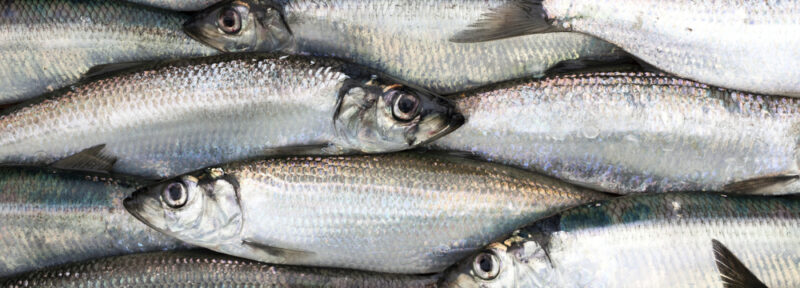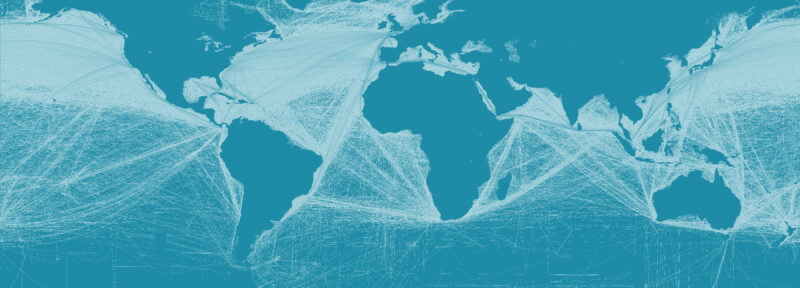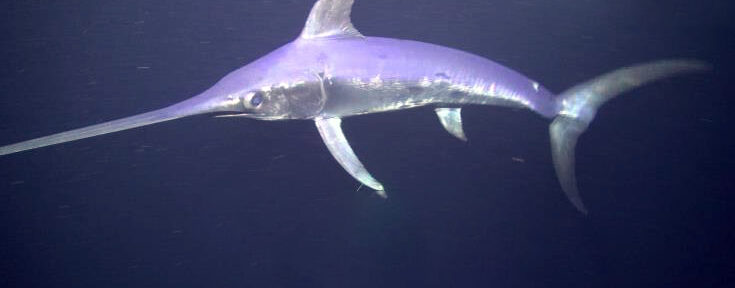DFO’s Continued Failure to Properly Monitor Fisheries Puts Sustainability and Biodiversity at Risk
HALIFAX—A new report from the Commissioner of the Environment and Sustainable Development (CESD) has found serious problems with Fisheries and Oceans Canada (DFO)’s approach to monitoring marine fisheries catch.
“Unfortunately, the findings are not surprising to us,” says Katie Schleit, Fisheries Director at Oceans North. “The report confirms our longstanding concerns about the unaddressed gaps in monitoring that have been slowing the recovery of fish stocks and putting bycatch species like sharks at risk.”
Fisheries monitoring is intended to make sure that all species coming out of the water due to fishing activities are accounted for. Monitoring occurs at sea, where species are brought onboard or discarded, and at the dock, where fish is landed and sold.
Amongst the report’s concerns is a failure to collect dependable and timely catch data. As the commissioner notes, “catch data is essential to support effective management decisions, such as whether to close a fishery in order to avoid the depletion of fish populations.” However, the report found that not only has DFO failed to implement the 2019 Fishery Monitoring Policy, under which the department is meant to provide dependable, timely and accessible fisheries information, but that as of December 2022, none of the 156 stocks had undergone more than an initial assessment of the current monitoring programs in place. DFO has also not ensured that the data from observer companies, who collect third-party fisheries data at sea and at the dock, is dependable or reliable. Additionally, the report concluded that even though DFO was audited in 2016 regarding this same issue, most measures to address the shortcomings found at the time have not been put into action.
Another key finding of the audit is that the department is lagging behind in modernizing fisheries information systems. Despite spending $31 million to improve standardization of the system across all regions, DFO has made only minimal advancement on integrating data systems. In many parts of the country, monitoring reports are still done using pen and paper and DFO systems across regions can’t work together.
“This report further highlights the need for DFO to move towards including electronic monitoring systems in the fisheries, especially those with the highest bycatch,” explains Susanna Fuller, Vice President of Conservation and Projects at Oceans North. “Countries all over the world are integrating new technology and camera systems to augment or supplement catch monitoring needs, but Canada is falling behind—to the detriment of our fishing industry and our marine species.”
Beyond ensuring that fish stocks are being sustainably managed, monitoring also plays an important role in protecting biodiversity. Some endangered animals, including several shark and ray species, are frequently caught by accident in commercial fisheries. Canada has obligations under the Convention on Biological Diversity to protect both the marine environment and marine species, and as our country develops its National Biodiversity Strategy, it is imperative that DFO includes effective fisheries monitoring as part of achieving its goals.
For more information, please contact:
Alex Tesar
Communications Manager
Oceans North
[email protected]




